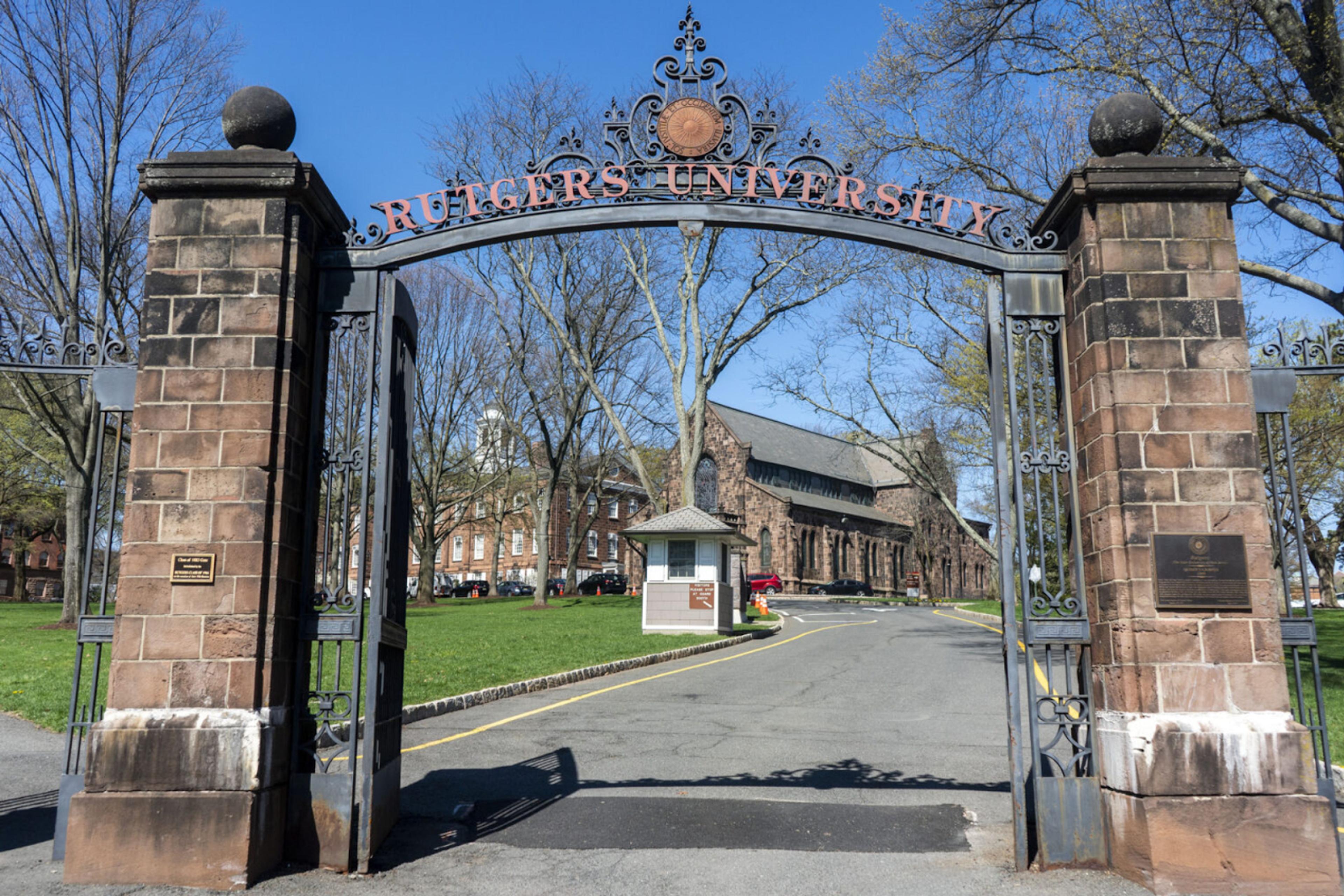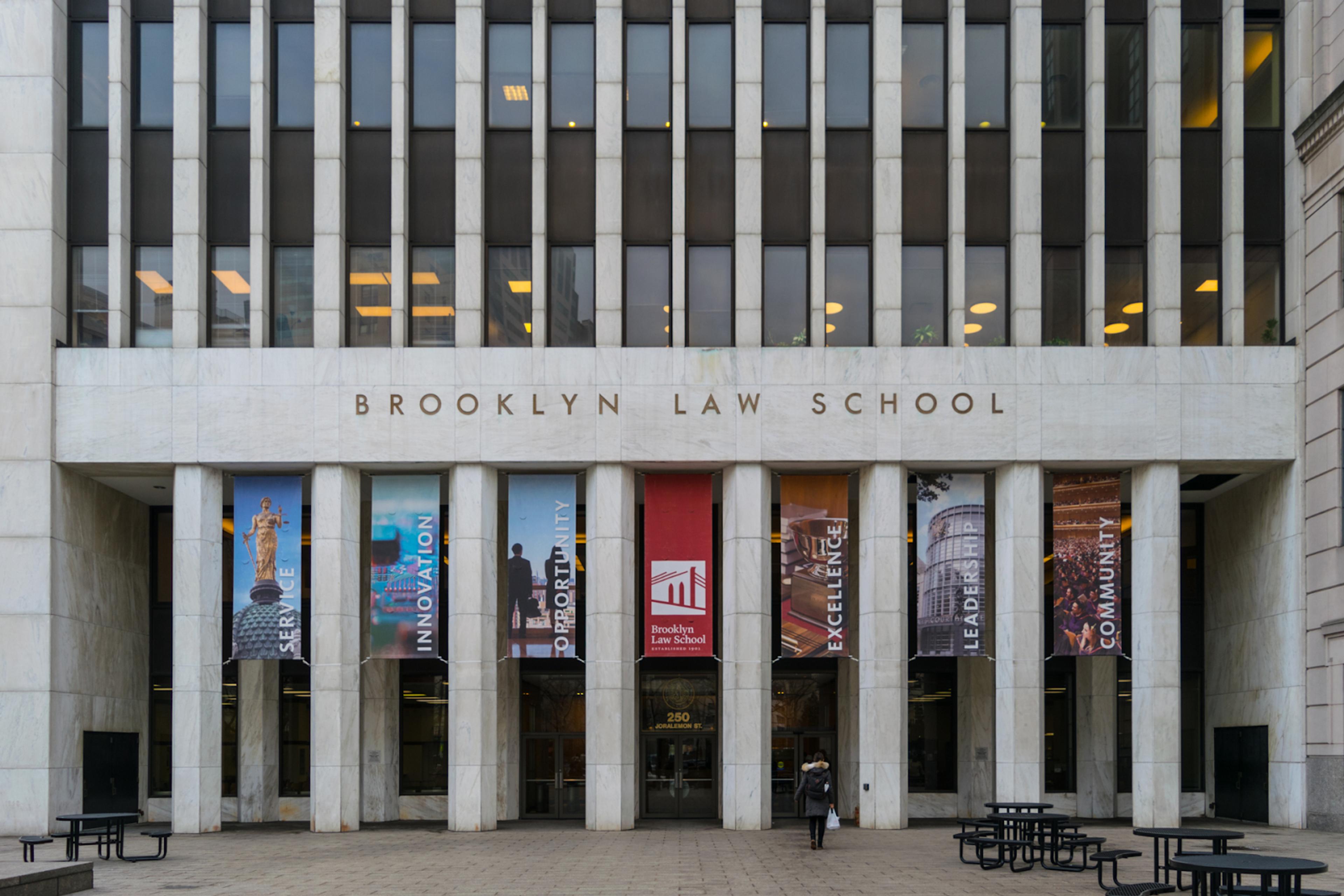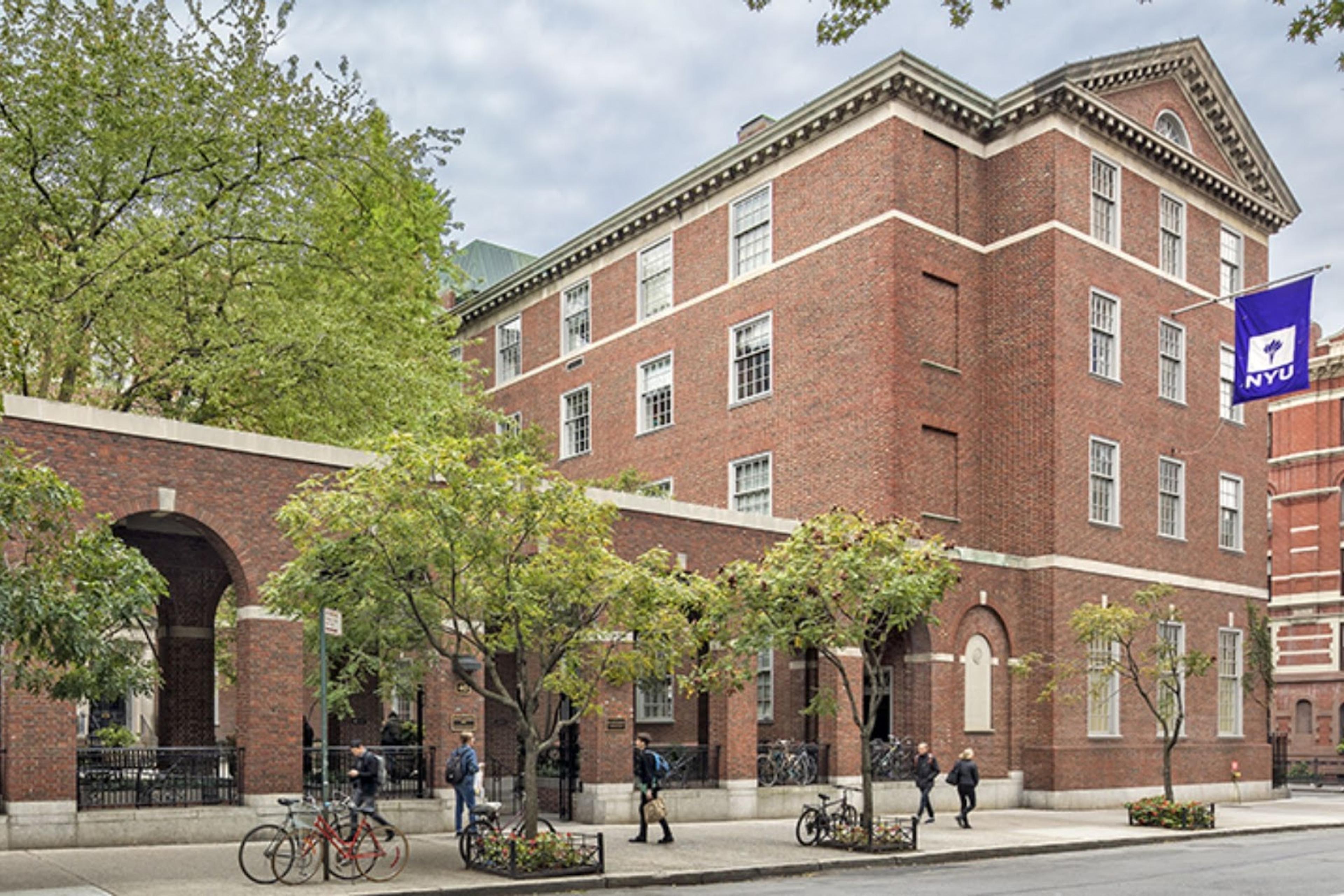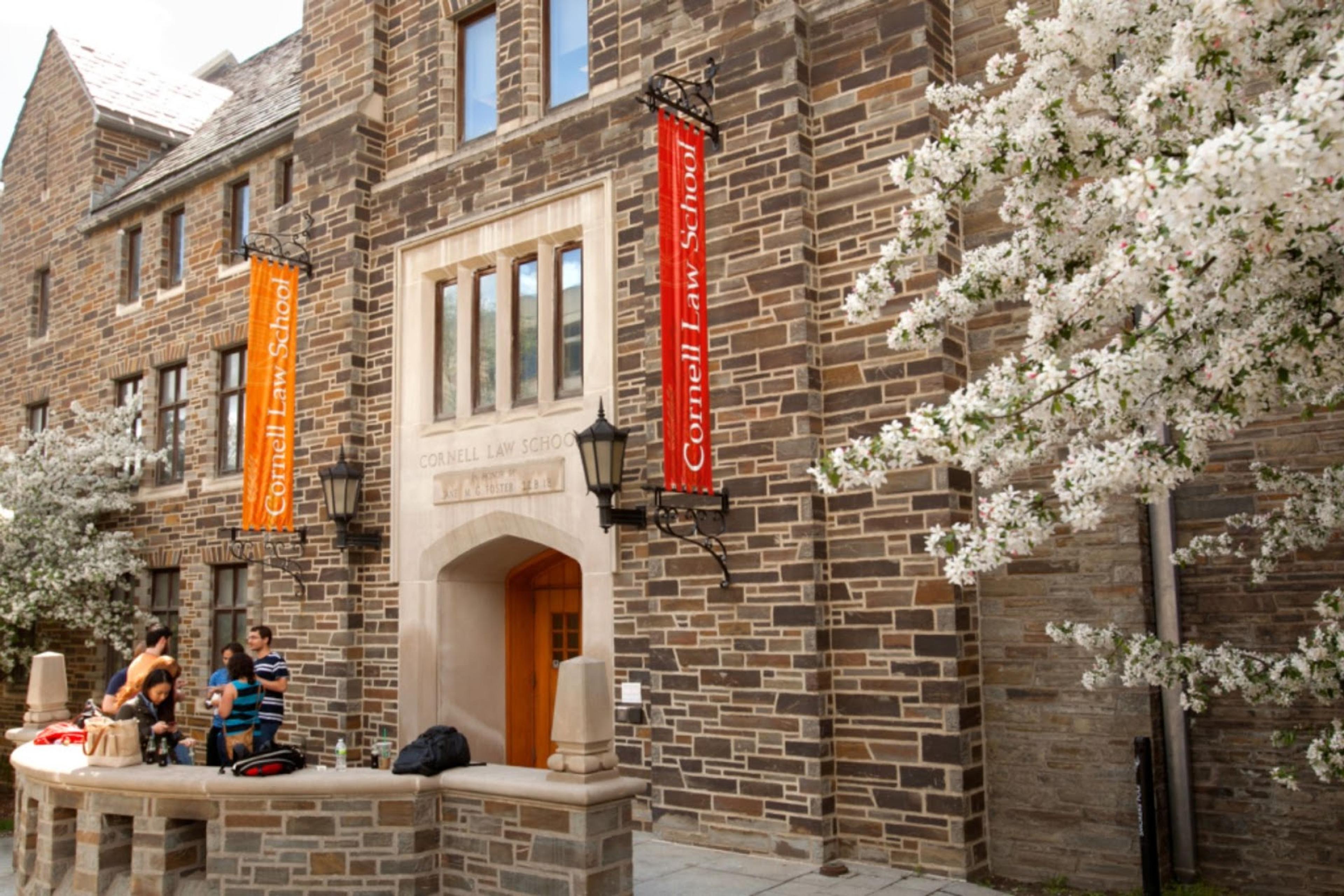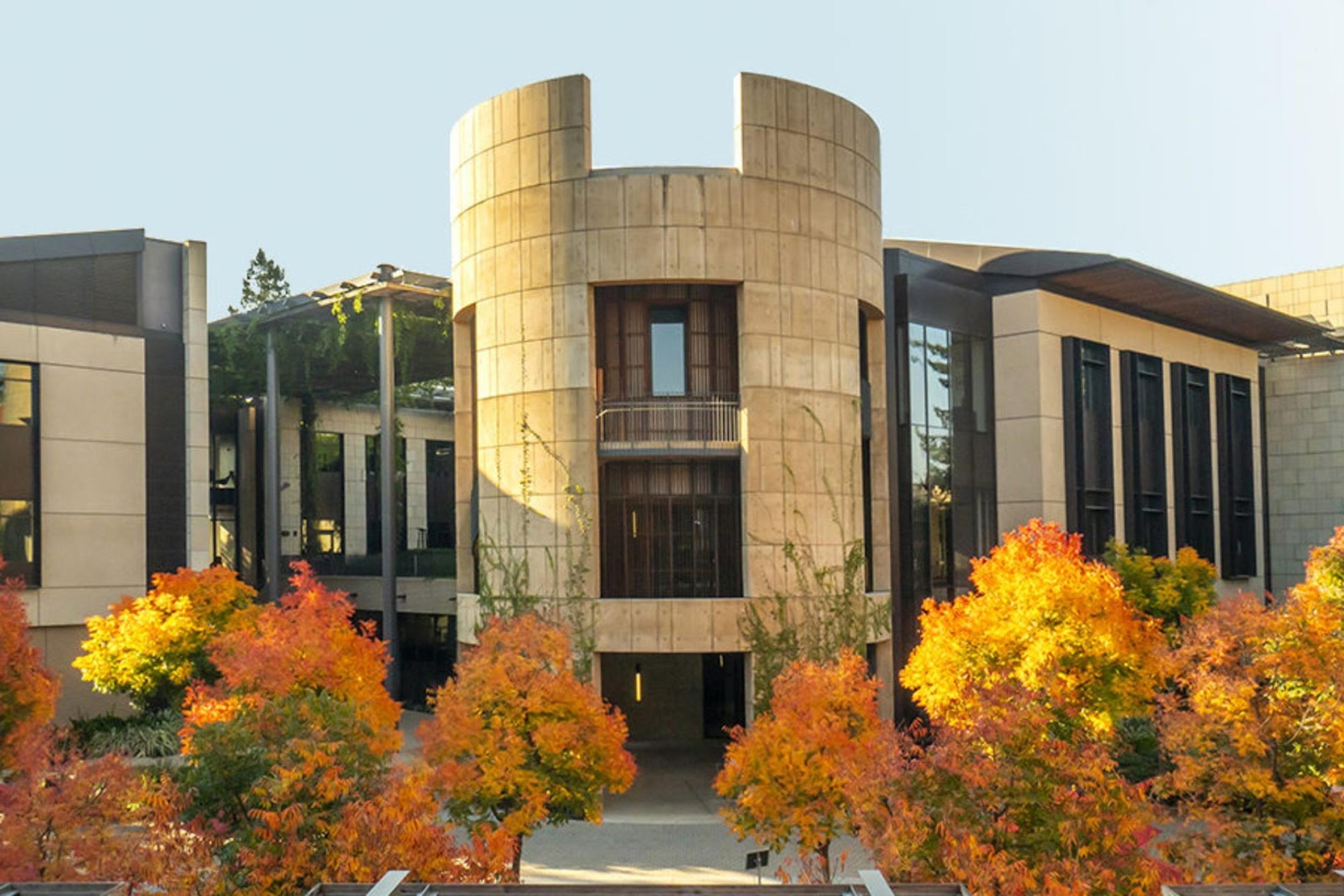How to Get Into the Pepperdine School of Law (2024-2025)
Learn how to get into Pepperdine School of Law (2024-2025) with expert tips on admissions, programs, and crafting a standout application.
Posted March 6, 2025

Table of Contents
Free Event

Featuring Indrani S.
Law School App Office Hours with a Former Stanford AdCom Member
Starting Thursday, April 17
11:30 PM UTC · 45 minutes

Featuring Indrani S.
Getting into Pepperdine School of Law is competitive, but with a strategic approach, applicants can significantly increase their chances of acceptance. Located in Malibu, California, Pepperdine University School of Law combines superior legal education with a strong emphasis on managing conflict and promoting global development. This guide explores the admissions process, academic offerings, key statistics, and tips for creating a standout Pepperdine Law application.
How Hard Is It to Get Into Pepperdine School of Law?

Pepperdine School of Law, officially known as the Caruso School of Law, is an internationally recognized institution providing a superior legal education through rigorous academic programs committed to educating graduates who are not only good lawyers but also skilled problem-solvers. Known for its strong emphasis on dispute resolution and interdisciplinary programs, the school offers students an environment where they can develop into justice seekers and leaders in increasingly globalized legal and business environments.
One of Pepperdine Law’s standout features is the Straus Institute for Dispute Resolution, which is repeatedly recognized as a foremost academic center. The institute brings together an accomplished community of students, research faculty, and professionals to address current legal challenges and explore more effective ways of managing conflict.
The impactful interdisciplinary programs address the evolving needs of the legal and business sectors, offering students flexibility and tailored pathways to align with individual interests. With a focus on individualized learning, Pepperdine Law produces graduates prepared to navigate diverse business environments and public policy challenges.
Pepperdine Law School Acceptance Rate Over Time
| Class Year | Acceptance Rate |
|---|---|
| Class of 2023-2024 | 28.20% |
| Class of 2022 | 27.7% |
| Class of 2021 | 24.97% |
What Programs Does Pepperdine School of Law Offer?
Juris Doctor (JD) Program
The Juris Doctor program is the foundation of Pepperdine’s legal education. It combines a strong academic curriculum with practical training to ensure graduates are well-prepared for legal practice. The laws program prepares students for success in a globalized legal and business landscape. Students can tailor their studies to align with their career goals, choosing areas of interest such as dispute resolution, business law, and international human rights. For students requiring additional flexibility, an extended JD option allows for a customized pace of study. The JD program also offers specialized certificates, including one in dispute resolution.
Experiential Learning
Pepperdine Law is nationally recognized for its experiential learning programs, which integrate real-world legal practice into the curriculum. Students participate in clinical programs and externships that provide hands-on legal experience. These opportunities extend beyond Malibu, with placements available in Washington, D.C., London, and other international locations, ensuring students gain practical skills that are immediately applicable to their careers.
Global Programs
Pepperdine Law offers robust global opportunities for students interested in international legal practice. Study-abroad programs in London, England, and Augsburg, Germany, allow students to immerse themselves in foreign legal systems. Additionally, global externships and service projects provide practical experience in international settings, equipping students to navigate the complexities of global legal practice.
Joint Degree Programs
Pepperdine offers several joint degree options that integrate legal studies with other disciplines. These include:
- JD/MBA: A combination of law and business for students pursuing careers in corporate law or entrepreneurial ventures.
- JD/MPP: A blend of law and public policy, ideal for students aiming to lead in government, public service, or policy advocacy.
Master of Laws (LL.M.) Program
The LL.M. program, hosted by Pepperdine’s prestigious Straus Institute for Dispute Resolution, offers advanced legal training for domestic and international lawyers. Specializations include dispute resolution, entertainment and media law, and U.S. law. The program can be pursued full-time or part-time, making it accessible to working professionals. Graduates of the LL.M. program often gain a competitive edge in specialized legal fields.
Master of Dispute Resolution (MDR)
The dispute resolution program is designed for legal professionals and others seeking advanced skills in conflict resolution and negotiation. This program is available as a standalone degree or as part of a joint degree option with Pepperdine’s other graduate programs. The MDR is offered both on-campus and online, providing flexibility for professionals aiming to enhance their expertise in managing disputes.
Certificate in Dispute Resolution
The Certificate in Dispute Resolution is a 14-unit program (12 units for JD students) that provides focused training in mediation, arbitration, and conflict resolution. This certificate is ideal for legal professionals and others looking to develop specialized skills in dispute resolution within a shorter time frame.
Graduate Law Programs
Pepperdine’s graduate law programs, including their academic dispute resolution programs, are tailored for professionals seeking advanced legal expertise. The LL.M. in Entertainment, Media, and Sports Law is a standout offering, leveraging Pepperdine’s location in Los Angeles to provide networking and internship opportunities in competitive industries. Additionally, the LL.M. in U.S. Law prepares international attorneys to practice law in the United States and deepen their understanding of the U.S. legal system.
Programs for Legal Professionals
Pepperdine offers continuing education opportunities for legal professionals through the Straus Institute. These programs include Minimum Continuing Legal Education (MCLE) credits, advanced training workshops, and scholarly conferences. These offerings cater to lawyers and other professionals seeking to refine their skills and stay current with developments in the legal field.
Admissions Requirements — Who Gets Into Pepperdine School of Law?

Pepperdine Caruso School of Law seeks well-rounded candidates who demonstrate leadership, resilience, and a commitment to justice and service. The admissions committee evaluates applicants holistically, considering personal experiences, professional accomplishments, and alignment with the school’s mission. Diversity is a key focus, and candidates who bring unique perspectives or have overcome significant challenges are encouraged to highlight these qualities in their applications.
Class Profile
- Women: 59%
- Students of Color: 46%
- Students of Color: 28%
- First Generation College Students: 21%
Admissions Statistics
| Percentile | GPA | LSAT Score |
|---|---|---|
| 75th | 3.93 | 166 |
| 50th | 3.86 | 164 |
| 25th | 3.48 | 159 |
How to Get Into Pepperdine Law With Lower GPA or LSAT Scores
Write a Compelling Personal Statement
Use your personal statement to explain your motivations and how your experiences align with Pepperdine’s values. Discuss challenges you've overcome and connect your background to Pepperdine’s focus on justice and dispute resolution.
Highlight Professional and Leadership Experience
Showcase your work or volunteer experience to demonstrate leadership, resilience, and problem-solving. This helps offset lower academic metrics and shows your ability to succeed in a professional environment.
Secure Strong Letters of Recommendation
Choose recommenders who can speak to your work ethic and character. Letters from those who’ve seen you overcome challenges or excel in leadership roles will strengthen your application.
Address Weaknesses Directly
If there are reasons for a lower GPA or LSAT score, briefly explain them in an addendum. Focus on how you’ve grown and how those challenges have made you a stronger candidate.
Emphasize Alignment with Pepperdine’s Mission
Pepperdine values service, societal responsibility, and global development. Highlight how your values and experiences align with the school’s mission, particularly in areas like dispute resolution and social justice.
Apply Early
Submitting your application early shows enthusiasm and gives the committee more time to review your application, especially if your academic metrics are on the lower end.
Showcase Growth and Potential
Demonstrate your improvement over time. Highlight academic or professional growth and how these experiences show your potential for success in law school.
Engage with the Pepperdine Community
Attend information sessions and connect with the Pepperdine community to show your genuine interest in contributing to the school. This will help you make a positive impression on the admissions committee.
How to Apply to Pepperdine School of Law
Application Deadlines
- Priority Deadline: February 1, 2025
- Final Deadline: April 1, 2025
Application Deadlines for International Applicants
| Admission | Deadline |
|---|---|
| Summer 2025 | March 1, 2025 |
| Fall 2025 | June 1, 2025 |
| Spring 2026 | October 1, 2025 |
Application Requirements
- Application Fee: $50 (required and payable via check or money order.)
- Application For for Pepperdine Students or External Candidates
- LSAT/GRE Scores (Valid within five years)
- Personal Statement (2 pages recommended)
- Resume (Highlight academic and professional achievements)
- Two Letters of Recommendation
- Transcripts (Submitted through LSAC Credential Assembly Service)
- Tuition Fee: $69,950 per year
5 Expert Tips on How to Get Into Pepperdine School of Law
Tailor Your Personal Statement to Pepperdine’s Values
Your personal statement is one of the most important parts of your application. Rather than writing a general essay about why you want to be a lawyer, focus on why you want to attend Pepperdine specifically. Pepperdine values commitment to service, public policy, and justice. Explain how your experiences and values align with the school’s mission. Discuss how Pepperdine’s programs, like its dispute resolution institute or global opportunities, are the right fit for your goals.
Show How Your Experience Adds Value
Pepperdine looks for applicants who have more than just academic achievements. If you have work experience, volunteer roles, or internships, highlight them in your application. Emphasize how these experiences have shaped your leadership skills and your ability to solve real-world problems. If your background includes involvement in community service, legal internships, or work with nonprofits, show how these experiences will allow you to contribute to Pepperdine’s community.
Demonstrate Commitment to Public Service
Pepperdine values applicants who are committed to making a difference. Whether it’s through volunteer work, activism, or past projects, show how you’ve worked to better your community. You can also discuss any areas of law you are passionate about, such as international human rights or environmental law, and how Pepperdine’s resources can help you develop these interests.
Have a Clear Career Plan
It’s important to demonstrate that you know what you want to do with your law degree. Whether you’re interested in business law, dispute resolution, or another area, show how Pepperdine’s programs and faculty will help you achieve your career goals. Having a clear career direction will show the admissions committee that you are focused and ready to take full advantage of the opportunities available at Pepperdine.
Get Strong Letters of Recommendation
Letters of recommendation can strengthen your application, but only if they are specific and relevant. Ask for recommendations from people who know you well and can speak to your potential as a law student and future professional. Ideally, at least one recommendation should come from someone who can speak to your academic abilities. If you have professional experience, consider asking someone from your workplace who can speak to your leadership skills and work ethic.
The Bottom Line
Pepperdine School of Law is an exceptional institution that offers students world-class academic programs, hands-on learning opportunities, and strong connections to the legal community. To gain admission, focus on achieving competitive academic metrics and crafting a standout application that reflects your passion for law and alignment with Pepperdine’s mission.
For additional support, consider working with expert law school admissions coaches to refine your application and improve your chances of acceptance.
Related Articles
For tips and expert advice on how to stand out in the law school admissions process, read these articles:
- How to Get Into Law School: Advice from an Expert
- How to Answer the Most Common Law School Interview Questions
- LSAT vs. GRE for Law School–Which to Take and How to Ace Both
- A Comprehensive Guide to HBCU Law Schools
- Law School Application Timeline: Your Step-by-Step Guide
- The Role of Internships in Law School Applications
FAQs
Does Pepperdine Caruso Law conduct interviews as part of the application process?
- No, interviews are not part of the application process. Those who serve on the Admissions Committee remain anonymous. We encourage applicants to visit campus during the admissions process if they can. The people you will meet and the community you will experience are truly unparalleled.
When will my application be reviewed?
- We admit students on a rolling basis, with most decisions made between December and June. You will be notified of your decision via email. Applicants may be admitted, denied, or placed on the waiting list. If you are placed on the waiting list, we encourage you to submit letters of continued interest periodically. You may also update your file with new information that may support an offer of admission. All correspondence once you have been placed on the waiting list should be directed to waitlistlaw@pepperdine.edu.
Can I submit an addendum?
- Yes, if an applicant feels that they wish to share information with the Admissions Committee that is not included in the required documents, an addendum will be accepted. Addendums can be emailed to lawadmis@pepperdine.edu and will be uploaded to your application for the admissions committee to review.
